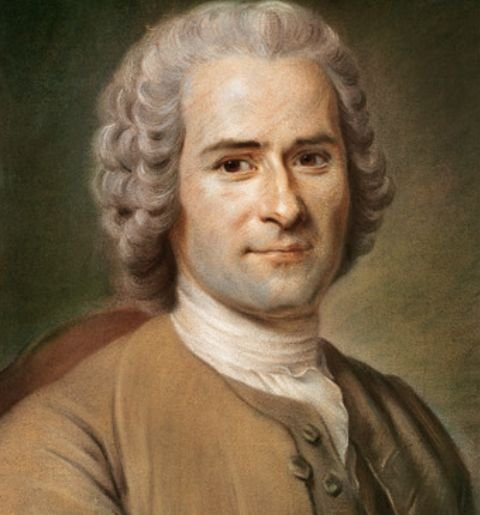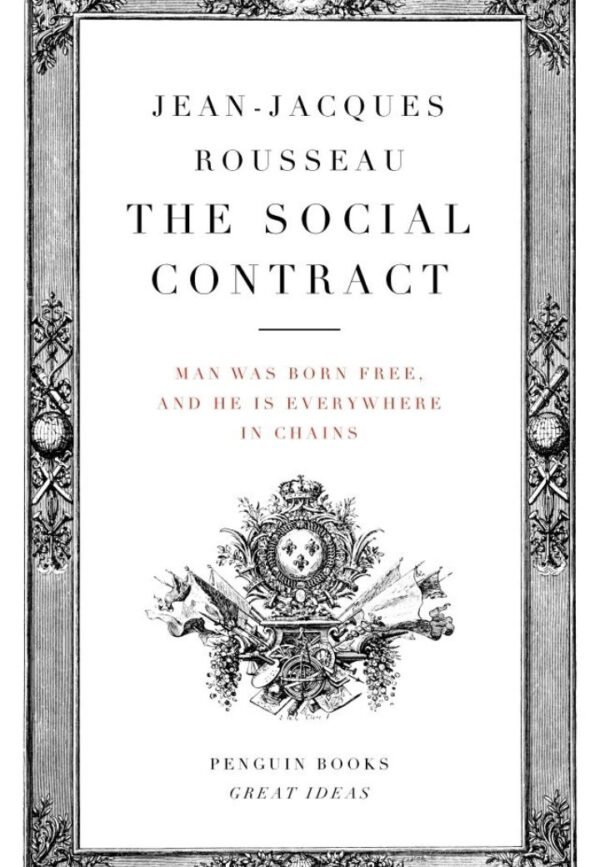
Jean-Jacques Rousseau
Jean-Jacques Rousseau (1712–1778) was a Swiss-born philosopher, writer, and composer whose ideas profoundly influenced the Enlightenment and modern political thought. His works, including The Social Contract and Emile, or On Education, explored themes of individual freedom, the nature of society, and the principles of education, advocating for a return to natural simplicity and moral integrity.
Rousseau’s concept of the “general will” and his critique of inequality were foundational to revolutionary movements, particularly the French Revolution. Beyond philosophy, he contributed to music theory and composed operas. His unique blend of philosophical insight and emotional introspection has made him one of history’s most influential and controversial thinkers.
- Philosophy
- 1712-1778
- Male
- 1
-
(0)
The Social Contract
What does it mean to be free in a world bound by law? The Social Contract dares to reimagine society as a pact not of submission, but of collective will—where individuals, by surrendering to the “general will,” reclaim a deeper liberty. With the cadence of a manifesto and the gravity of prophecy, Rousseau’s vision pulses with the paradox of freedom through unity, obedience through autonomy. Can a people truly govern themselves without becoming each other’s tyrants? This is a call to awaken the sovereign within us all.
- Originally Published: 1762
- Publisher : Penguin Books, 2005
- Pages: 168
- Book Type: Hardcopy
- ISBN-13: 978-0141018881
- Access: Members

